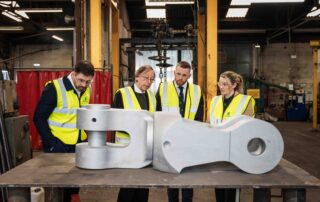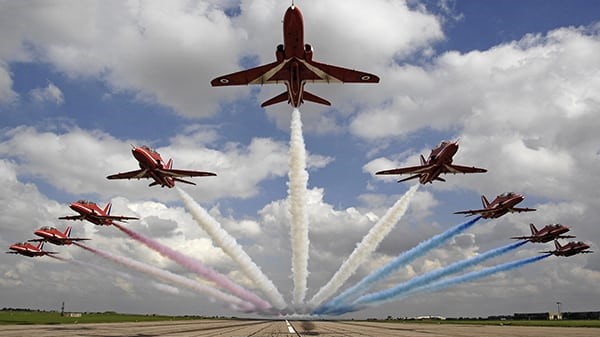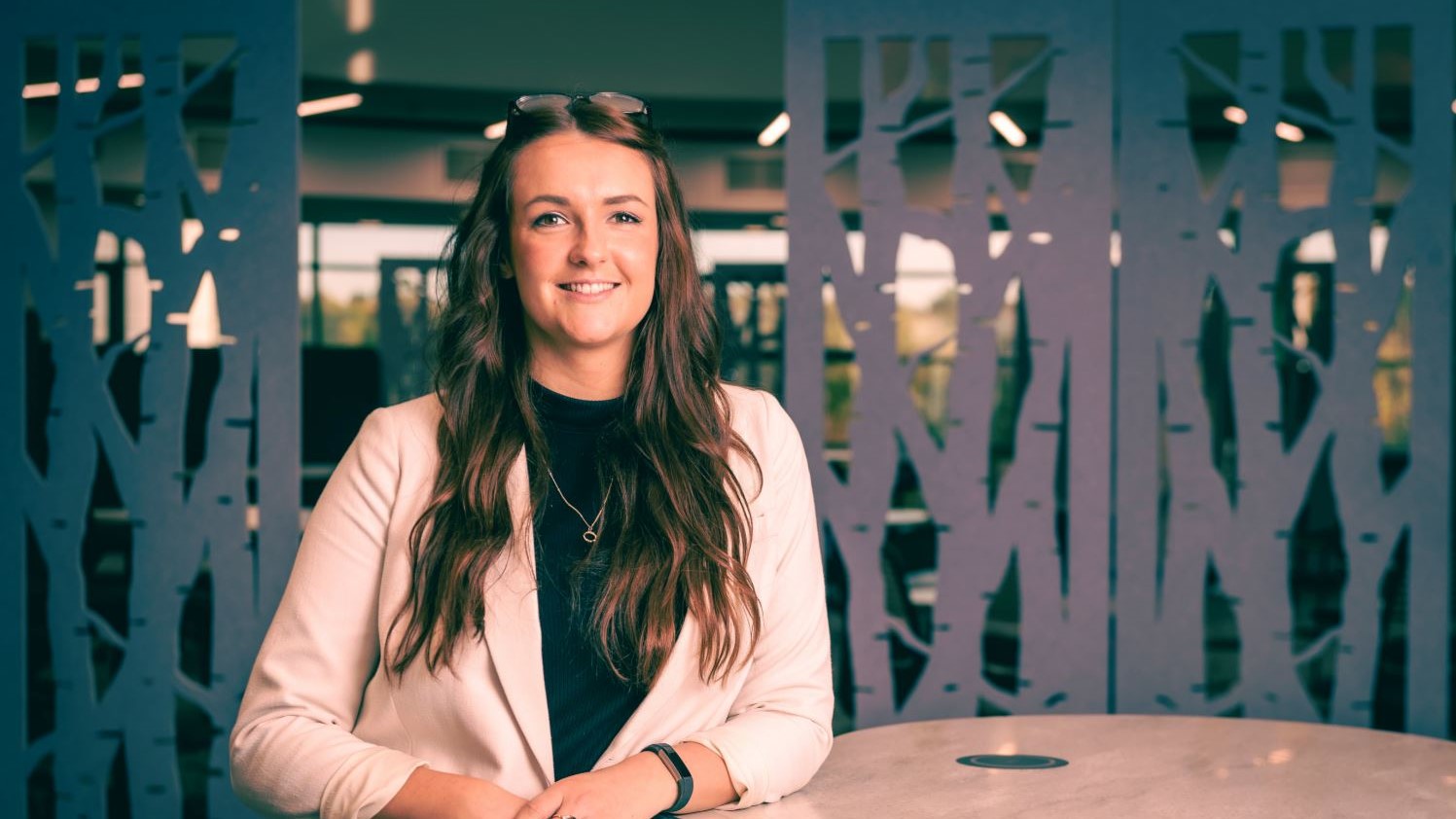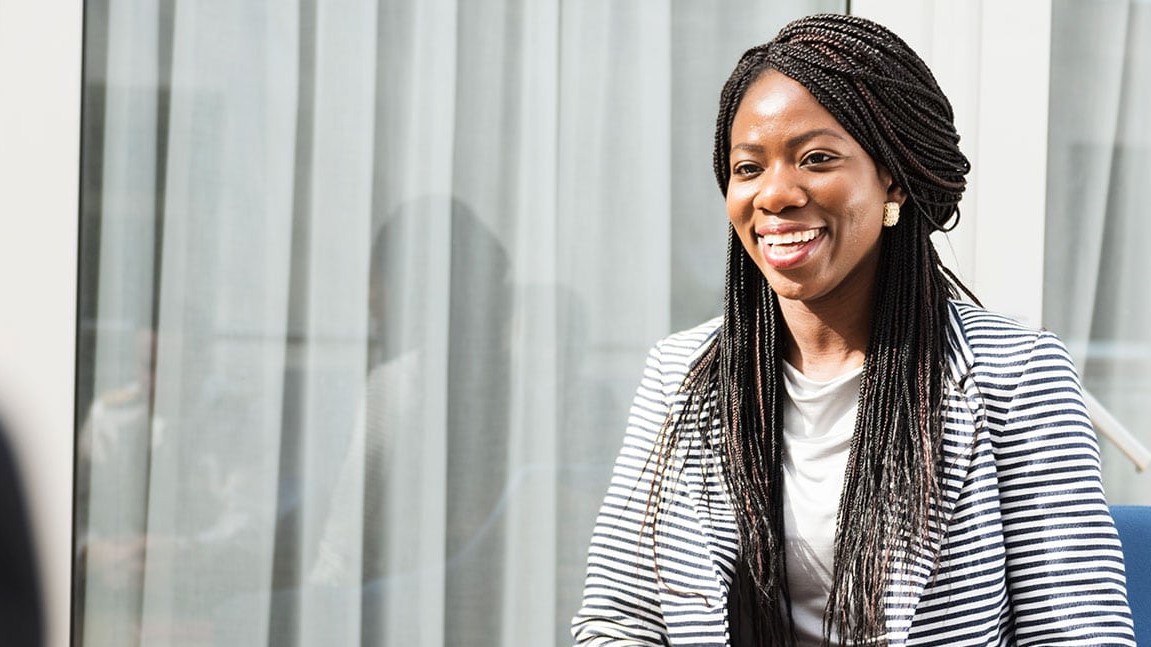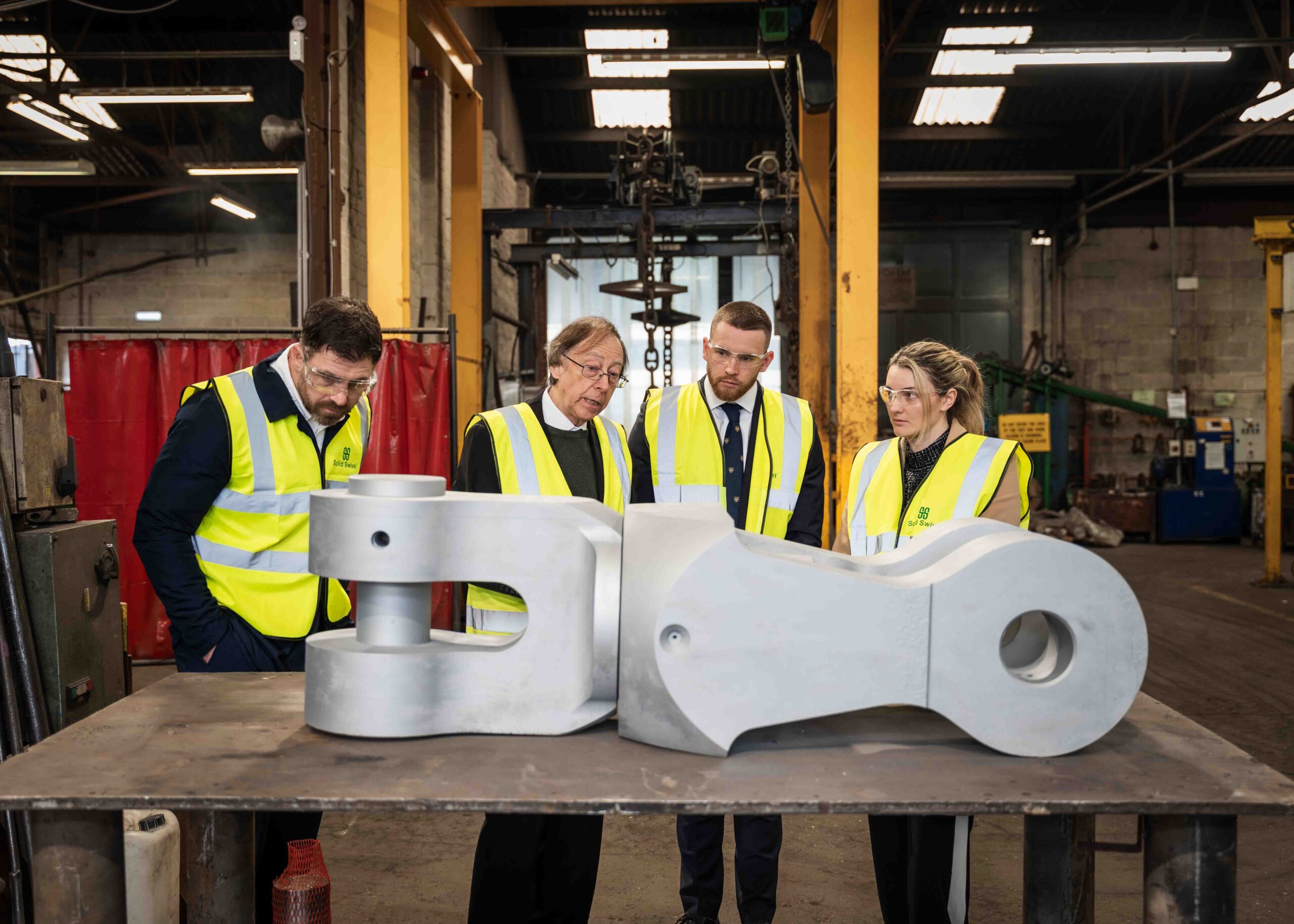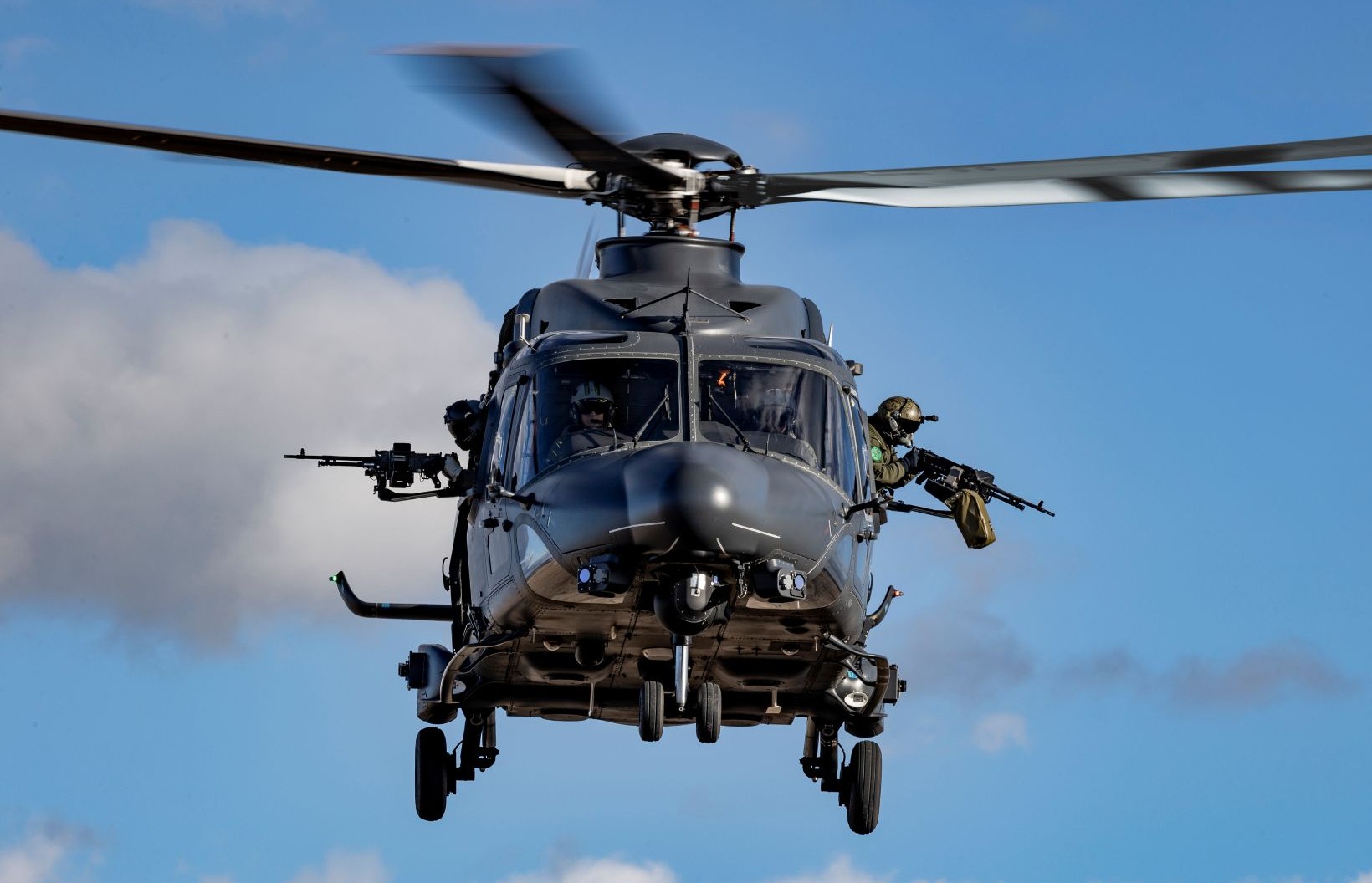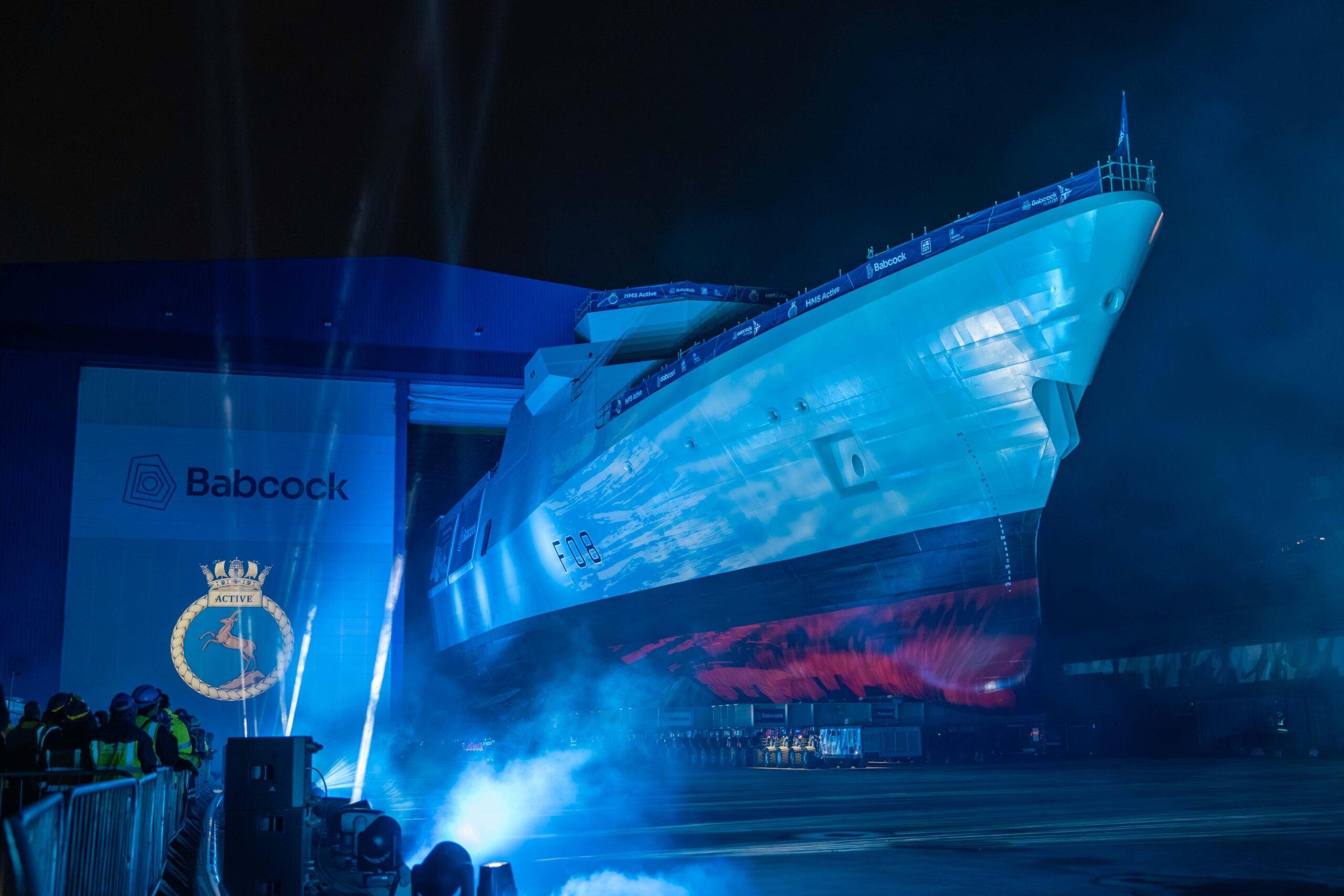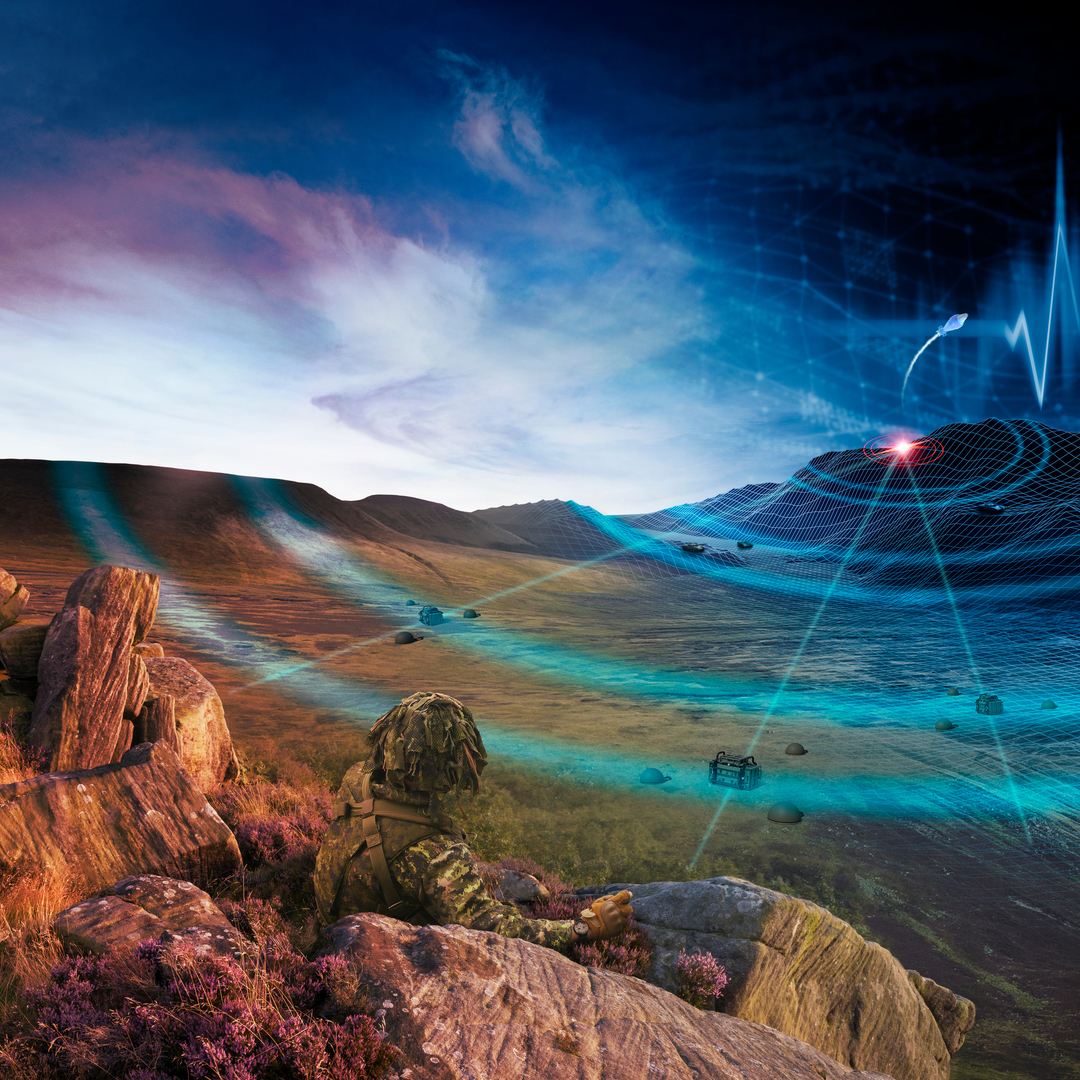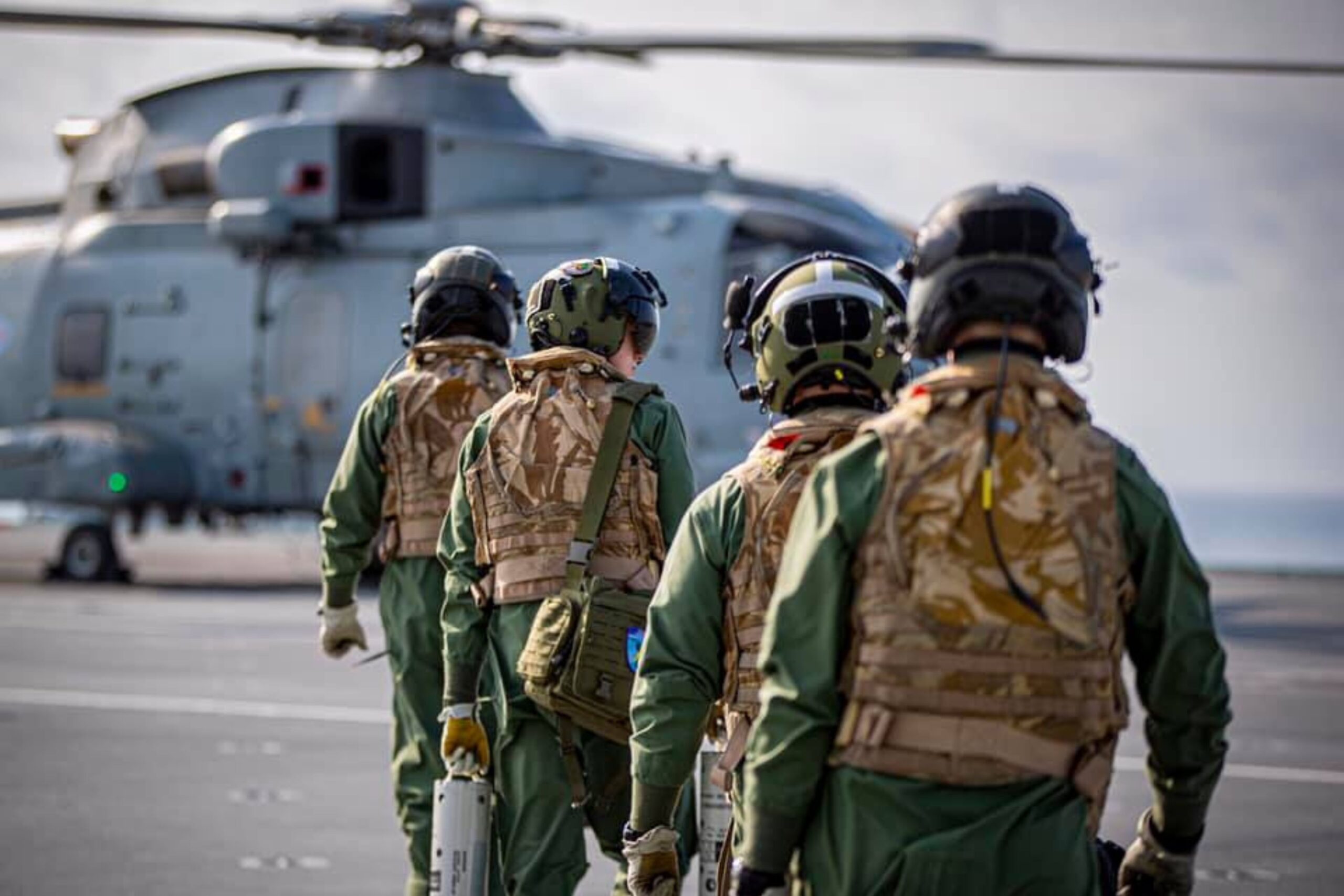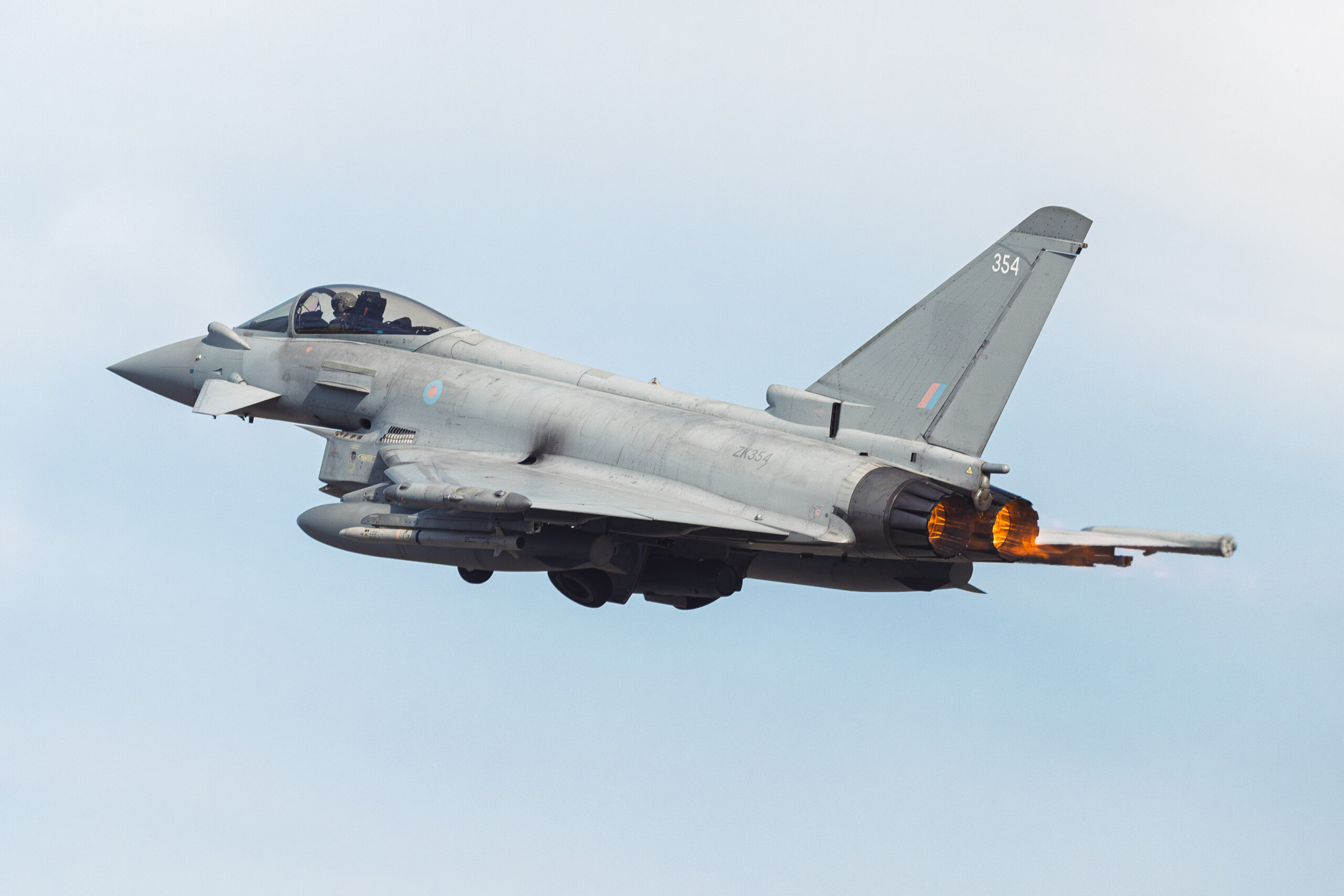Published 9 June 2020.
DE&S supports Covid-19 response in Falkland Islands with latest delivery
Share this story
DE&S has played a major role in delivering essential equipment to the Falkland Islands as part of the UK Government’s support to the Overseas Territories during the coronavirus pandemic.
Air Separation Units (ASUs), used previously to generate oxygen for Royal Air Force aircrew on Tornado and Hercules from the 1990s to around 2016, were identified by our aircraft engineering specialists as a potential oxygen production source for coronavirus patients. Working with the Defence Electronics and Components Agency (DECA) and RAF personnel, the machines were sourced, repurposed to hospital-grade standard and then quickly deployed to the Falkland Islands.
The equipment is now up and running on a de-commissioned liquid oxygen production compound at RAF Mount Pleasant, where liquid oxygen is produced ready for transfer by road to King Edward Memorial Hospital.
Minister for Defence Procurement, Jeremy Quin said: “Repurposing parts originally destined for fighter jets demonstrates the versatility of what our military can offer our partners in the Overseas Territories: Air Separation Units having been turned into life-saving oxygen machines.”
A C-17 Globemaster from RAF Brize Norton transferred 20 tonnes of specialised apparatus including the ASUs in April. Two days later, an RAF A400M transferred additional ancillary equipment and personnel who will assist in the installation and maintenance of the ASUs. The final shipment was for 50 oxygen cylinders, which were flown to the Falkland Islands on a scheduled service.
The initial idea for this project came from the Airfield Engineering Support Pillar within the Air Commodities Team, which is also represented in the COVID-19 Ops Cell.
“This was a fabulous example of initiative, teamwork and planning from the Air Domain in partnership with colleagues from across Defence.”
Mark Taylor, Operations Manager, AES Air Commodities Team, said: “The RAF has a number of ASUs, which are used to generate oxygen for aircrew operating at high altitude. The Airfield Engineering Support Team recognised that these units can be adapted to produce oxygen for COVID-19 patients. The ASUs have limited operational usage since newer aircraft generate their own oxygen for crews to breathe at high altitude. Therefore, the spare capacity was made available to support other functions, in this case the King Edward Memorial Hospital, which doesn’t have its own oxygen generation capability.”
The Airfield Engineering Support Team quickly set about managing and co-ordinating the maintenance, spares support, training and delivery of the complete equipment package. This involved a significant effort, as the ASUs are effectively obsolescent, with no serviceable equipment, no personnel trained and no support contract in place until just recently.
The team worked alongside colleagues from DECA to bring the support equipment up to deployment serviceability standard.
DECA Stafford trained personnel from 5001 Sqn RAF Wittering to operate the equipment, and also deployed two technicians to install the equipment at RAF Mount Pleasant.
Air Commodore Rob Woods, Air Domain COS and COVID-19 Ops Cell Head, said:“This was a fabulous example of initiative, teamwork and planning from the Air Domain in partnership with colleagues from across Defence.”

